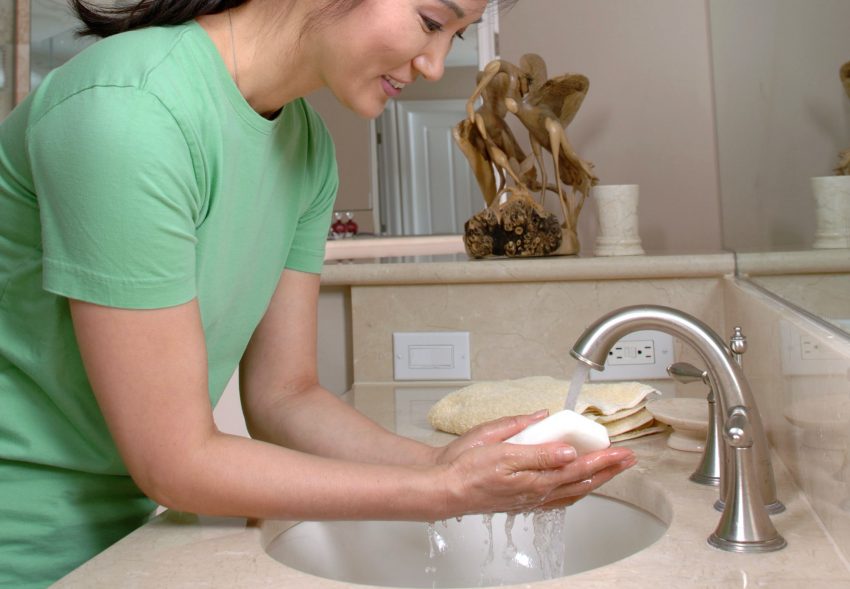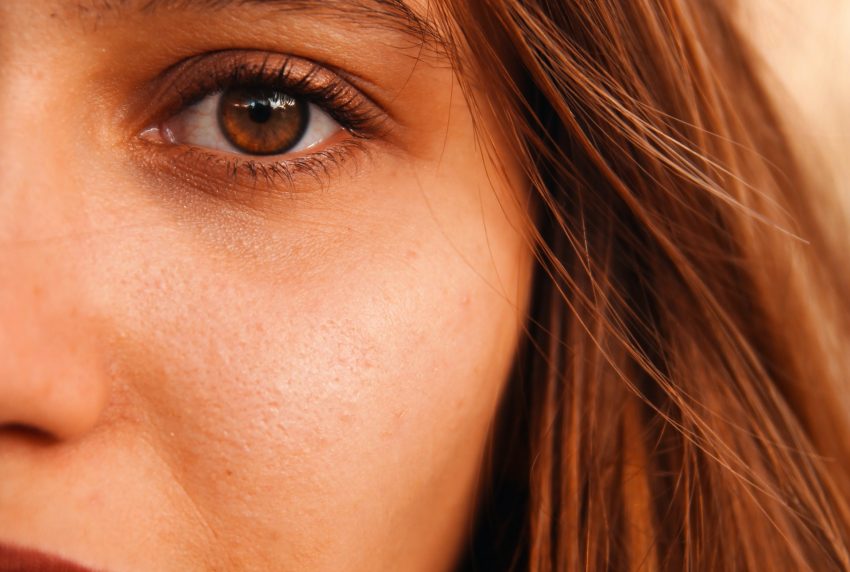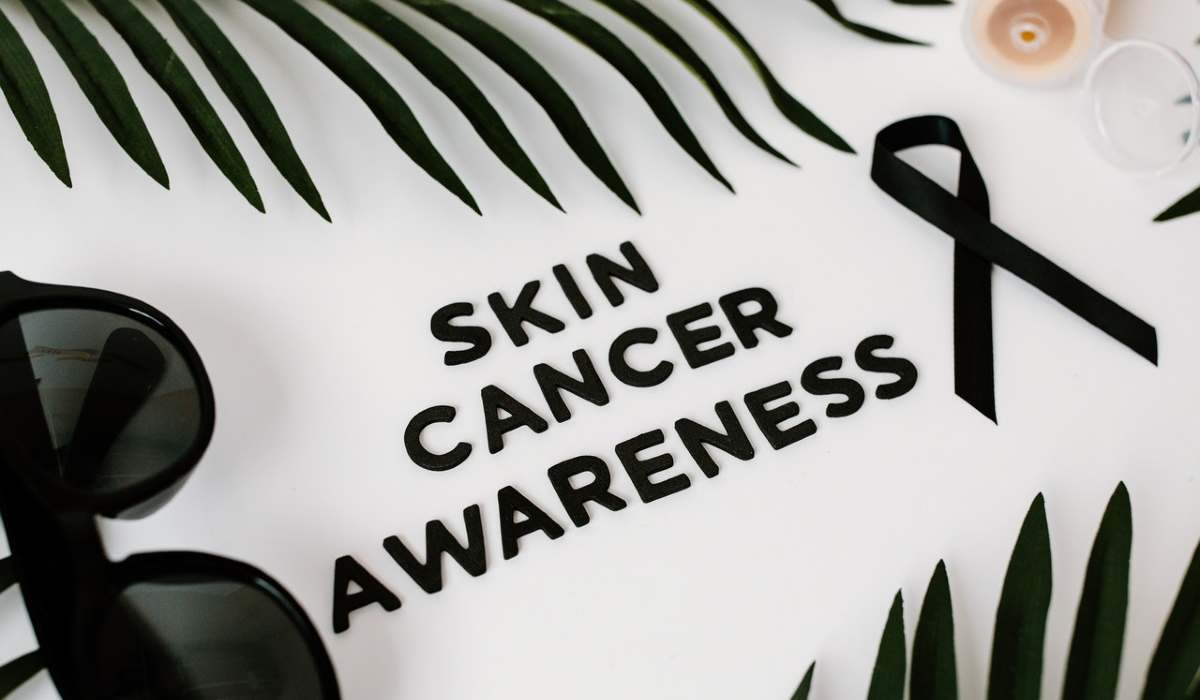Changes in our skin as we age are inevitable, including loss of moisture, changes in…

Eczema: The Lowdown
Did you know that over the last 18 months, eczema has affected more people than ever? And it’s hardly surprising when you consider all the additional handwashing we’ve been doing. Plus, of course, the extra stress we’ve all been under since the pandemic began.
Whether or not you struggle with eczema, it’s a fairly common skin condition in the UK, affecting 1 in 5 children, and 1 in 10 adults.
Though that knowledge doesn’t make it any less itchy and uncomfortable, we thought we’d help you out by collecting the facts on the condition. It won’t make the irritation go away, but it might point you in the right direction. Or at least help you deal with it.
If you’ve already been diagnosed with eczema, some of this may seem familiar. However, if you’re undiagnosed and unsure if your skin condition is really eczema, get a proper diagnosis from a doctor before putting anything on your skin. Sometimes skin conditions such as psoriasis, rosacea, and even hives can present like eczema, so it’s better to be certain.
What is Eczema?
Eczema can look different for everyone, and there are several varieties. However, one commonality is that your skin is likely to feel irritated, itchy, and inflamed.
- If you’re pale-skinned, you’ll likely notice angry red areas where your eczema flares up.
- If your skin is darker, it can look more purplish, or even grey in colour.
Either way, you’ll probably notice dryness, itching, and even cracked skin.
There’s more than one type of eczema, and common types include severe eczema, atopic dermatitis, and atopic eczema. These are all described as chronic inflammatory autoimmune diseases, meaning that your skin’s barrier is defective and not functioning correctly. As a result, allergens and external factors can make your skin more sensitive.
You may have noticed your eczema more in childhood, as it often begins at a young age. But it can turn up at pretty much any time in your life.
- During flare-ups, you’ll likely spot that the area is red, inflamed, and occasionally even weepy.
- When eczema is dormant, the affected patches tend to appear dry, a little darker than the surrounding skin, and feel coarser or thicker.
If your condition is wet, weeping or in any way crusty, this can be a sign of infection.
The most essential rule with eczema is resist the urge to scratch at it – no matter how itchy it gets. No matter what you might convince yourself, scratching won’t make it feel better and can lead to it becoming more inflamed. You could even break the skin, which will worsen the condition and possibly even lead to infection.
What causes Eczema?
Eczema is thought to be linked to the body’s immune system, and is classified as a form of autoimmune disease. When eczema flares up, this is an overactive response to an irritant, which can cause mild symptoms like dryness, or more severe symptoms like weeping and inflammation.
If there’s a history of asthma, hay fever, or other allergies in your family, there’s a higher chance that you’ll struggle with eczema at some point. No, it isn’t contagious, but studies seem to agree that it’s inherited.
Frustratingly, there’s no single answer to what causes eczema. But we can get a much clearer picture of what causes it to flare up. This usually includes certain:
- soaps
- chemicals
- irritants
Some studies have also found that eczema is more common in women than in men. Women tend to experience more severe flare-ups and symptoms, possibly due to the increased number of irritants they often use.
Eczema is also linked to stress, and the release of the stress hormone, cortisol. Over extended periods, increased levels of cortisol in the body can cause inflammation.
Temperature and seasonal changes are other commonly reported trigger for flare-ups. Some people find that their eczema worsens in the summer months. Others find that the dry, winter air can have more of an effect.
Where does Eczema show up?
For most people, eczema isn’t a condition that will affect your whole body. And it can be completely different for every individual. However, there are some commonalities reported, such as:
- On the hands
- Behind the knees
- The inner elbow
- On the feet
- Eyelids
- Scalp
- Nipples
Has handwashing worsened your eczema?
In short, yes.
We’re not advising that you stop washing your hands – proper handwashing is one of the simplest ways to prevent the spread of viruses. But contrary to popular thought, water actually dehydrates your skin, particularly when it’s hot.
Washing your hands more often can lead to dry, cracked hands, itchiness and even infection. If you already have eczema, you’ve probably noticed that your hands are more irritated than usual if you’ve been washing them more often. This is likely because of the chemicals in many soaps and hand sanitisers, such as fragrances, metals, and preservatives.
If you’ve never suffered from eczema before, you’re more likely to find it’s become a problem in the last 18 months. Regular handwashing, like when you wash your face, strips the oils from your skin and leaves it dry and sore. As winter draws nearer and the weather grows colder, changes in temperature can exacerbate this, too.
How can you stop making Eczema worse when washing your hands?
There are a few things you can do to control the problem, and thankfully they’re all simple steps to take:
- Wash your hands in cold water.
- Gently pat your hands dry, don’t use a dryer or rub them
- Once your hands are completely dry, apply a moisturiser to offset the effects of the soap and water.
You should also avoid rubbing your hands too hard as you wash them; the basic act of repeatedly applying pressure to an area can be traumatic to your skin’s already delicate natural barrier. If you’re already experiencing a flare-up, this kind of trauma can cause cracking and potential infections.
Can you get rid of Eczema?
Though you can hopefully control eczema flare-ups, there’s technically no cure for this skin condition. However, keeping a diary or even a note on your phone of when your skin flares up, and in response to what (such as particular soaps or a new handwash), can help you avoid incidents in the future.
Many people find that their eczema gets better over time. It’s unclear if this is due to people managing it better as they get older, or some other reason – but there’s hope!
What are the main triggers for Eczema flare-ups?
Eczema is different for everyone, so everyone has their own triggers. However, there are some things that are more common and easy to keep track of. Here are a few:
- Rough fabrics like wool
- Synthetic fabrics such as polyester or nylon
- Irritants in skincare products
- Emotional stress
- Sweating
- Heat
How do you treat Eczema?
As we mentioned before, there’s no cure for eczema… but you can treat it.
First, remember self-care. We don’t just mean the products you use, but taking care of your mental health. Cortisol is a stress hormone that can have a major effect on eczema flare-ups. The calmer you are, the less likely you are to have flare-ups.
Unfortunately, self-care alone won’t be enough to counteract the chemicals and irritants your skin can regularly come into contact with. Avoid any products you’ve previously had problems with, and run a “patch test” on any new products to see if they’re compatible with your skin.
This is simple enough to do – just apply a tiny amount onto your skin, and leave for 48 hours. If there’s no effect, it may well be okay to use. However, this isn’t 100% reliable and you should still try out any new products with caution!
Moisturising can also help because eczema often means dry and itchy skin. Keeping your skin hydrated is important for everyone, but more so for those with eczema. This means make sure you always carry some moisturiser with you, so you’ve got something handy to counteract all that handwashing.
If your eczema is severe, your doctor may prescribe topical corticosteroids. These help to reduce inflammation, but they don’t prevent itching. You simply have to be responsible and keep your hands off your eczema as much as possible.
Top Tips
There are a few things you can incorporate into your life and routine that can help to prevent eczema flare-ups. And there’s a good reason people say that prevention is better than the cure…
- Choose clothes in soft, breathable fabrics. This is particularly important for clothes that are in direct contact with your skin.
- Make sure your fabric softener and washing powders detergents are mild and don’t contain bleach. This goes for anything you wash your clothes, towels, and bedding in.
- Keep a note of what you eat, as some foods may trigger flare-ups (much like with rosacea). Some common foods include milk, wheat, and nuts.
- Try a home remedy oatmeal bath. It might sound off, but combined with dead sea salts and castor oil, many people with eczema have found this to be helpful.
- Don’t let your skin dry out. Investing in a humidifier to control the environment in your home can help more than you might realise, especially at night when temperatures drop. Humidifiers keep the air humid, which is particularly helpful as the colder weather rolls around.
- If you’re really struggling, speak to your doctor. There are hundreds of tips and pages online to help with eczema, but for moderate to severe eczema, medication might be your best move. Stronger prescriptions for eczema aren’t available over the counter, so speak to your doctor, and they can talk you through your options.






